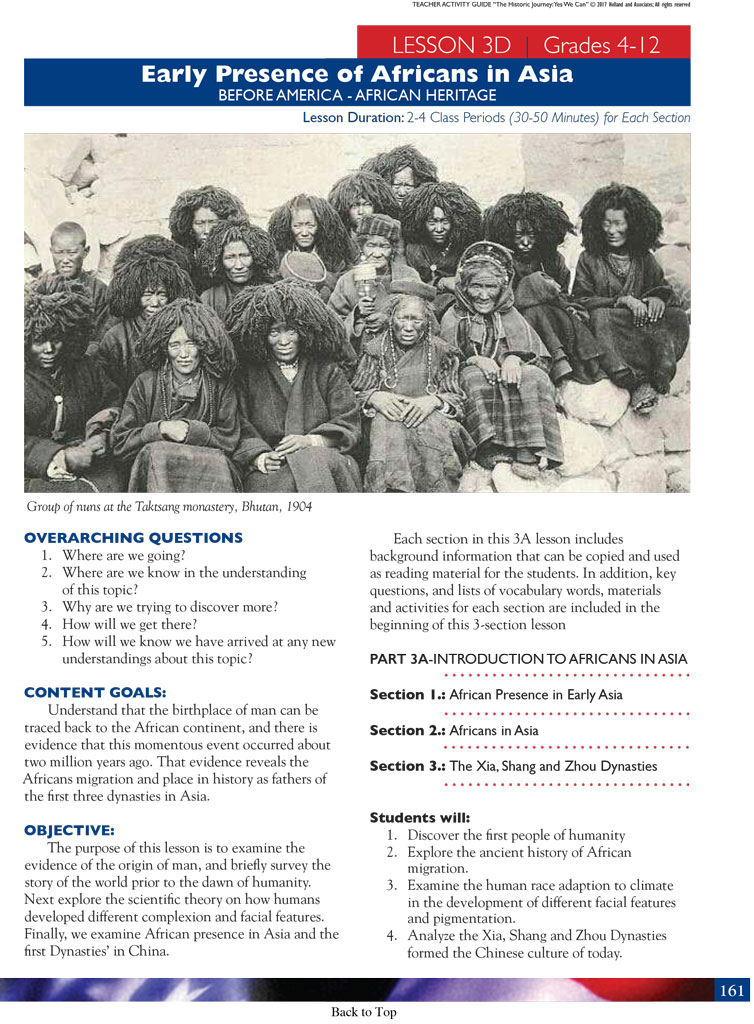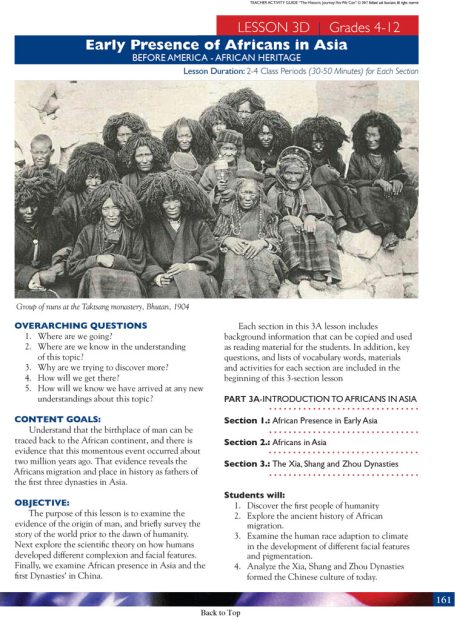
**Q&A: Analyzing Whether Contemporary Events Diverge from Historical Incidents**
The saying “history tends to repeat itself” regularly encourages us to draw parallels between contemporary events and historical incidents. Yet, as society progresses, the context and consequences of events can vary greatly. In this Q&A, we explore the distinctiveness of current events when viewed alongside historical incidents.
**Q: How do present-day global events match up to historical events?**
A: Though there are thematic resemblances between contemporary and historical events, such as economic downturns, social movements, and wars, the dimensions and interconnectedness of the modern world bring forth unique challenges. Globalization, technological progress, and immediate communication have transformed how events transpire and are understood.
**Q: Are today’s economic issues without precedent?**
A: Economic distress, such as inflation and recessions, has clear historical roots. Nevertheless, the global economy’s interconnectedness, dependence on digital currencies, and geopolitical ties render today’s economic environment unique. For example, the 2008 financial crisis, while echoing previous downturns, highlighted the effects of global financial instruments.
**Q: In what ways are current social movements distinct from those of the past?**
A: Modern social movements exist within a longstanding tradition of advocating for rights and equality. However, the utilization of social media for mobilization and awareness sets contemporary movements apart. These platforms enable quick sharing of information and greater inclusivity, sometimes driving rapid societal transformations.
**Q: Are present climate issues different from historical environmental challenges?**
A: Although humanity has confronted environmental issues in the past, today’s climate concerns are intensified by industrial activities, resulting in swift global warming and loss of biodiversity. The scale and urgency of the crisis, along with the scientific agreement on human influence, differentiate modern challenges from historical environmental problems.
**Q: How does technology alter today’s conflicts compared to previous wars?**
A: Contemporary warfare utilizes sophisticated technology, including cyber warfare, drones, and AI, setting it apart from earlier conflicts. These technologies introduce new ethical questions and strategic considerations. Additionally, the international media environment affects public perception and political reactions in unprecedented ways.
**Q: How do today’s political landscapes contrast with those of the past?**
A: Although populism, nationalism, and political fragmentation have historical antecedents, today’s political landscapes are influenced by digital media, misinformation, and cyber interference. These elements transform political dynamics, election systems, and governance in novel ways, frequently resulting in unpredictable consequences.
**Q: Is it possible to draw lessons from history to tackle today’s issues?**
A: Indeed, reflecting on history offers valuable insights for confronting modern challenges. Recognizing the trends of past achievements and failures can inform current policy decisions and societal reactions. However, it is vital to tailor historical insights to the unique circumstances of today.
In summary, while current events possess some parallels with historical incidents, their context, scale, and contributing elements underscore the changing nature of global affairs. Acknowledging these distinctions is essential in crafting informed responses to the intricate challenges of the contemporary world.
